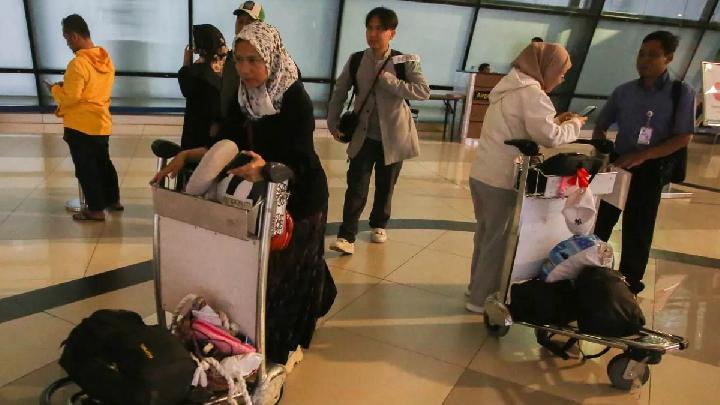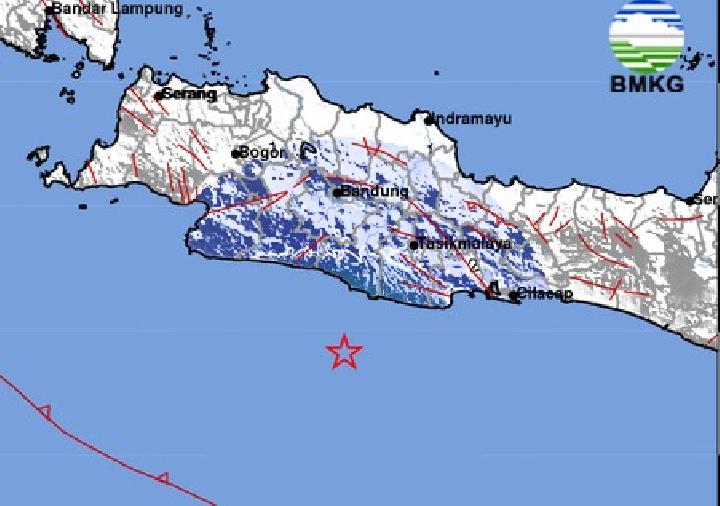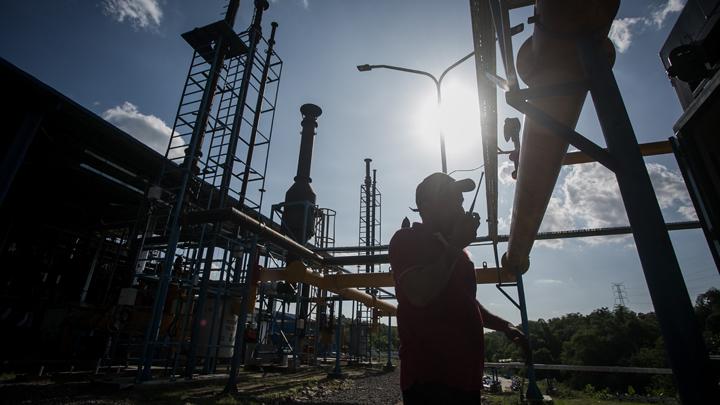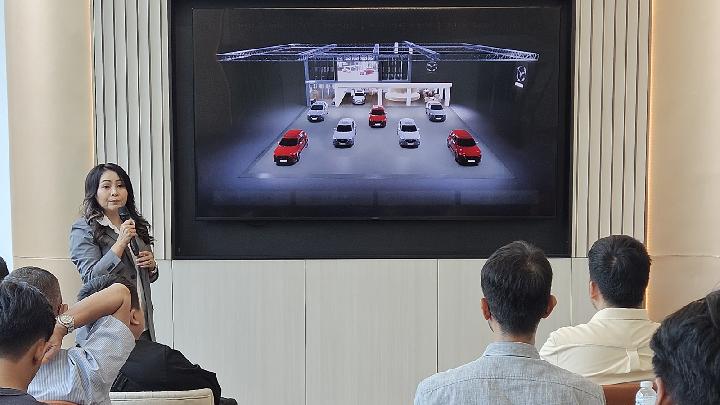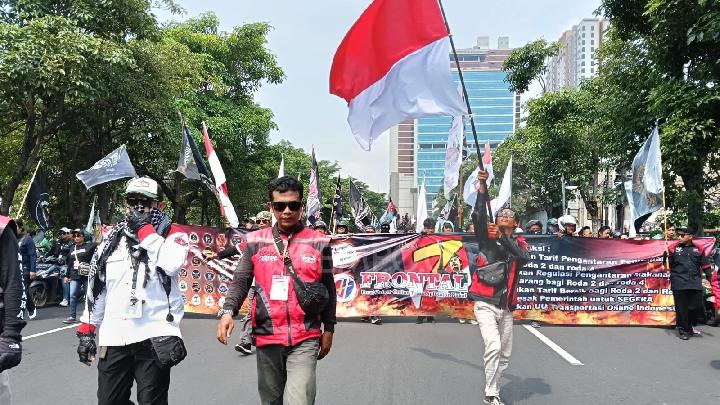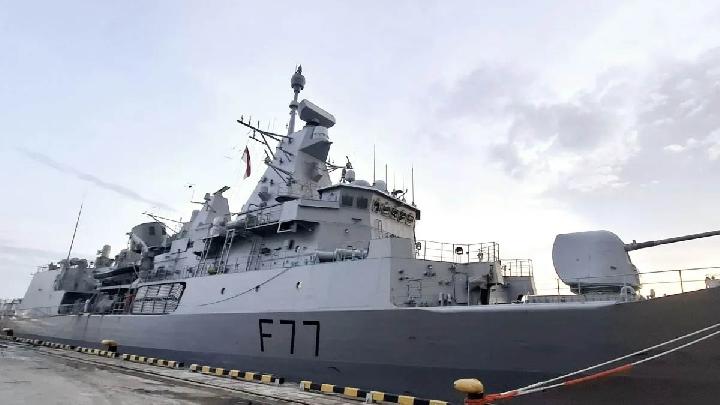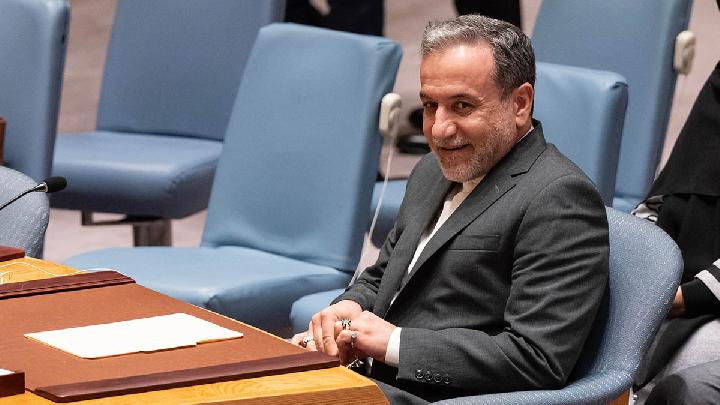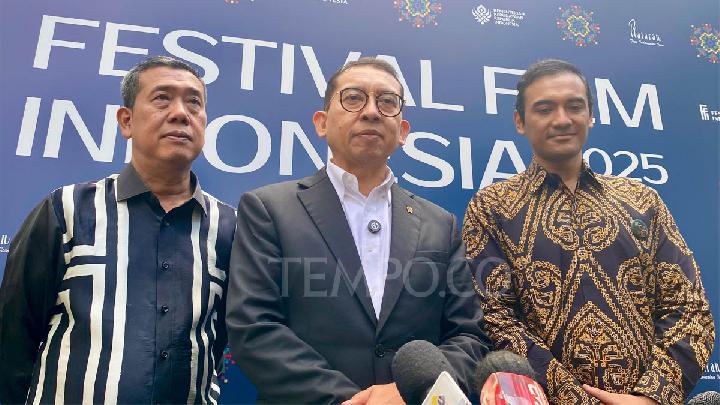TEMPO.CO, Jakarta - Indonesia Corruption Watch (ICW) researcher Dewi Anggraeni recommends that the government halt the implementation of the Free Nutritious Meal (Makan Bergizi Gratis / MBG) program due to its frequent issues.
"It is better to stop it from now on, rather than having more conflicts ahead," said Dewi when contacted on Friday, April 18, 2025. The dispute between public kitchen partners and the National Nutrition Agency (BGN) foundation in Kalibata has exacerbated the series of problems in President Prabowo Subianto's government project.
Ira Mesra's public kitchen, in collaboration with the BGN Foundation, was forced to halt its operations since the 2025 Eid holiday due to incurring losses amounting to Rp 975.3 billion. Ira's legal representative, Danna Harly Putra, stated that the loss occurred because the raw material and operational costs had not been paid by the Berkat Media Nusantara (MBN) Foundation, a BGN partner.
In response to this issue, BGN Head Dadan Hindayana summoned both parties on Wednesday, April 16, to mediate and delve deeper into the root of the problem.
Following the mediation, Dadan revealed that he had just found out that the foundation and the kitchen partner involved in cooperation with the BGN were not part of a unified entity, as is customary in BGN partnerships.
"However, the kitchen partner has resumed operations. The budget has been transferred for the next 10 days," said Dadan. Nonetheless, Dadan emphasized that the conflict between the MBN Foundation and Ira Mesra's public kitchen is not directly related to BGN. According to him, the issue is an internal matter between the two parties.
Meanwhile, separately, Media Wahyu Askar, the Fiscal Justice Director at the Center of Economic and Law Studies (Celios), stated that the dispute between the foundation and the kitchen partner in Kalibata is just one of the many disruptions in the implementation of the MBG program.
He mentioned various problems such as poisoning cases due to MBG, program rejection in Papua, and inconsistency in its implementation, reflecting the lack of thorough planning in the project. One of the indicators is the change in the food price allocation budget.
Initially, the budget set for each MBG meal portion was Rp 15,000, but then decreased to Rp 10,000. Moreover, during the initial program implementation, there were student meal menus without milk. 'If it must be continued, there must be a comprehensive evaluation,' said Askar.
The evaluation of the MBG program includes efforts to improve transparency in project planning, budget allocation, and open access for civilian oversight to enhance monitoring functions effectively.
BGN Head Dadan Hindayana stated that despite the program being shrouded in various problems for four months, MBG will not be halted immediately.
He added that BGN continues to rectify its various shortcomings. One of the measures taken is to halt the reimbursement system for kitchen partners.
"So, most of it is running smoothly. Whatever is lacking will certainly be improved soon," said the IPB University professor.
ICW Highlights Three MBG Problems
ICW, as reported by antikorupsi.org, stated that the program has many weaknesses, from budget, technical policies, field implementation, to its supervision. Moreover, information related to the MBG program is considered non-transparent and closed to the public.
During its two-month implementation, ICW recorded at least three main issues in the program.
1. Lack of a holistic policy
Based on ICW's study, the current policy only aims to fulfill President Prabowo's ambition for the program to be swiftly executed at the beginning of his 2025 presidential term, and has not comprehensively regulated governance and implementation mechanisms of MBG.
The series of policies related to the Free Nutritious Meal (MBG) program is evident, starting with the issuance of Presidential Regulation No. 83 of 2024 by President Jokowi on August 15, 2024, which established the National Nutrition Agency (BGN) as the program's coordinator. Within only four months, the MBG program was already implemented nationally.
However, in its implementation, state budget cuts occurred to fund MBG and other presidential programs. Rushed planning, lack of information transparency, minimal stakeholder and public involvement, and prohibition to publicize the program have formed a highly risky combination that not only depletes the state budget but also opens up opportunities for corrupt practices.
2. Hasty MBG budget calculations
The hasty MBG budget calculations led to government spending cuts. This started with the issuance of Presidential Instruction No. 1 of 2025 on budget efficiency, followed by the Minister of Finance's circular letter No. S-37/MK.02/2025 containing a list of 16 budget items that could be reduced. Although the cuts did not cover employee and social assistance expenses, many important programs were affected.
The Finance Minister mentioned that the MBG budget requirement amounted to Rp 306.6 trillion, with Rp 100 trillion allocated to BGN. However, the BGN Head stated that the requirement was only Rp 12 trillion per year. ICW questioned the allocation of the other Rp 82 trillion, suspected to be used for BGN operations and joint programs with the Ministry of Defense, including producing 5,000 Indonesian Growth Propeller Graduates (SPPI) and Nutritional Service Fulfillment Units (SPPG). Ironically, while there were many layoffs and public facility restrictions, SPPI was designed to become BGN civil servants.
3. Lack of transparency in MBG mechanisms
The MBG program requires various elements such as food ingredients, food packaging, nutritionists, cooks, distributors, and others. However, public access to this information is severely limited. ICW found that by the end of January, only 190 SPPGs out of the target of 500-937 had been achieved by January-February 2025.
During their investigation, ICW also noted SPPGs managing more than one district, as in the Riau Islands Province, with the same kitchen address, although the BGN technical guidelines require the SPPG location to be within a 6 km radius or a travel time of 30 minutes from the beneficiary location.
The lack of information on MBG procurement has affected the quality of food received by beneficiaries and the non-absorption of local food ingredients. Additionally, the limited information about the background of SPPGs is at risk of creating conflicts of interest, monopoly, and unhealthy business competition.
Andi Adam Faturahman also contributed to the writing of this article.
Editor's Choice: National Nutrition Agency Claims to Have Settled Free Meal's Kitchen Partner Payment Dispute
Click here to get the latest news updates from Tempo on Google News

